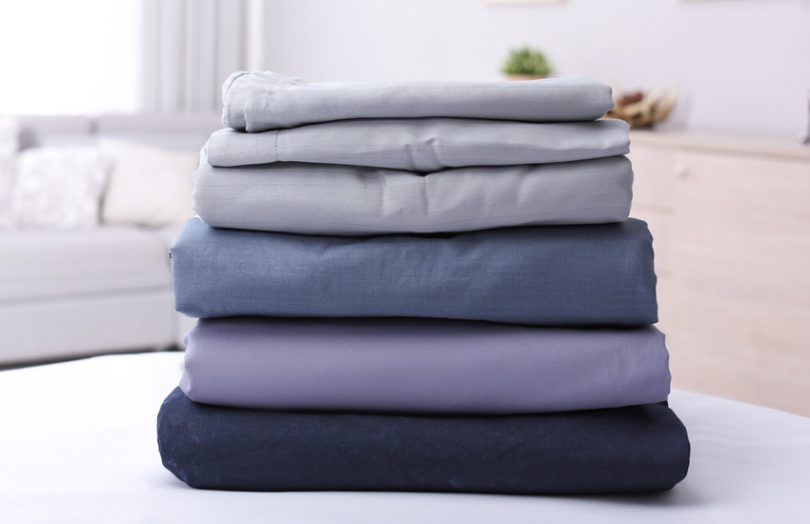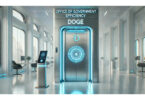Carrefour will expand the use of blockchain technology to trace textile products. The supermarket chain has been a member of IBM Food Trust since 2018 and has a series of exclusive branded food products implemented on the network.
The expansion to textile will be the first non-food product trialed for blockchain traceability by Carrefour, but will use the same technology.
Initially, the textile expansion will trace 450 products in France and Spain from Carrefour’s TEX line of bed linen and baby bodysuits. TEX is Carrefour’s exclusive textile brand. The company created an extension called Tex BIO that produces home textiles and baby clothes from 100% certified organic cotton. The goal is to implement blockchain across all Tex BIO products’ supply chains.
Consumers can access data on the product by scanning a QR code with their mobile phones. The information available through the code includes place and date of production, the product’s composition, method of cotton cultivation, and environment-related certificates.
The initiative is in line with Carrefour’s commitment to having 100% of natural raw materials in its exclusive brand products to be sustainable and traceable by 2030, and with Carrefour’s organic commitments where 50% of cotton textiles are to be sourced organically by 2025.
Moreover, last week Carrefour Brazil launched a line of citrus fruits traced on the blockchain. The citrus are part of Carrefour’s Sabor e Qualidade line, which has a seal vouching for “taste, quality, authenticity, fair price and sustainability”. The first product of the line to be traced on blockchain was pork, launched in 2019, and Carrefour aims to have the whole line of branded products implemented on IBM’s platform by the end of the year. The process for consumers’ to access relevant information is the same: scan the QR code on the packaging.
Carrefour organization is implementing the technology in its exclusive brands to enhance its Act for Food global program, which aims to make healthy and sustainable food accessible to everyone. The partnerships with IBM Food Trust and other blockchain solutions implemented by the company enable consumers to have easy access to information regarding sustainability and ethical production and promote well-informed consumption. In addition, considering its scope across 30 countries, Carrefour can further influence a shift towards traceability demanded across all consumer goods industries.
Meanwhile, consumers are increasingly demanding to know more about the textiles they buy, especially in clothing. For example, a pair of jeans uses as much as 8,000 liters of water to produce. In the Netherlands, the Denim Deal is using the Aware blockchain solution to trace recycled material used in jeans. And in Germany, workwear company KAYA&KATO has partnered with IBM for blockchain traceability.






